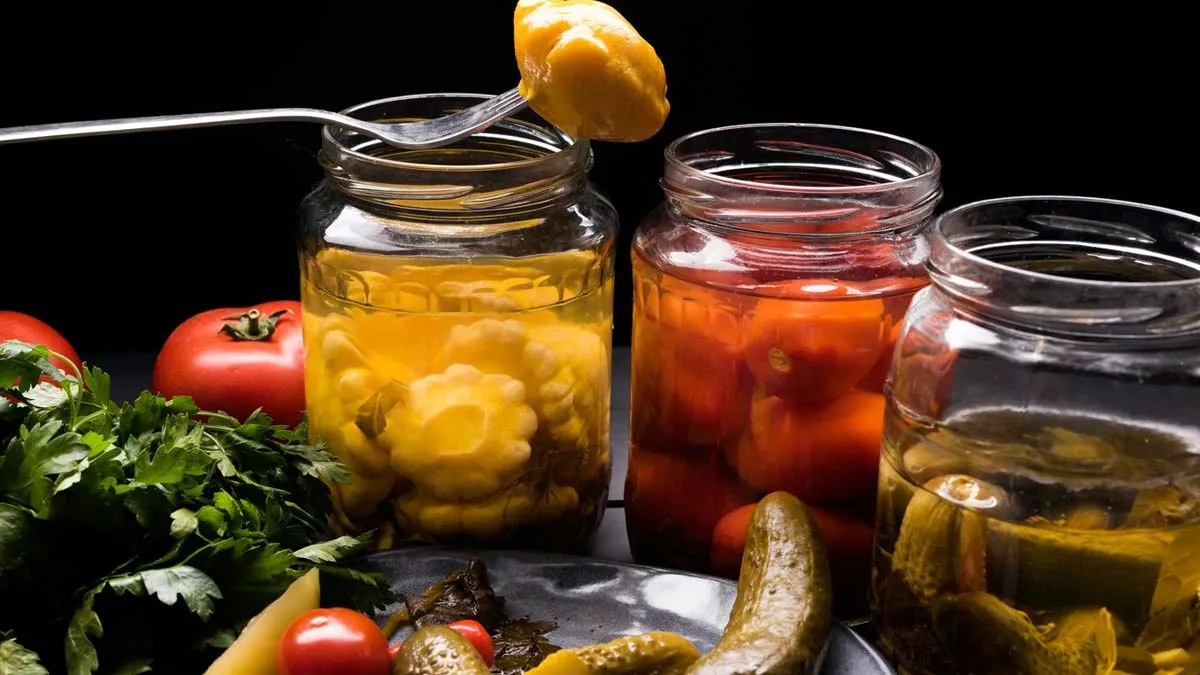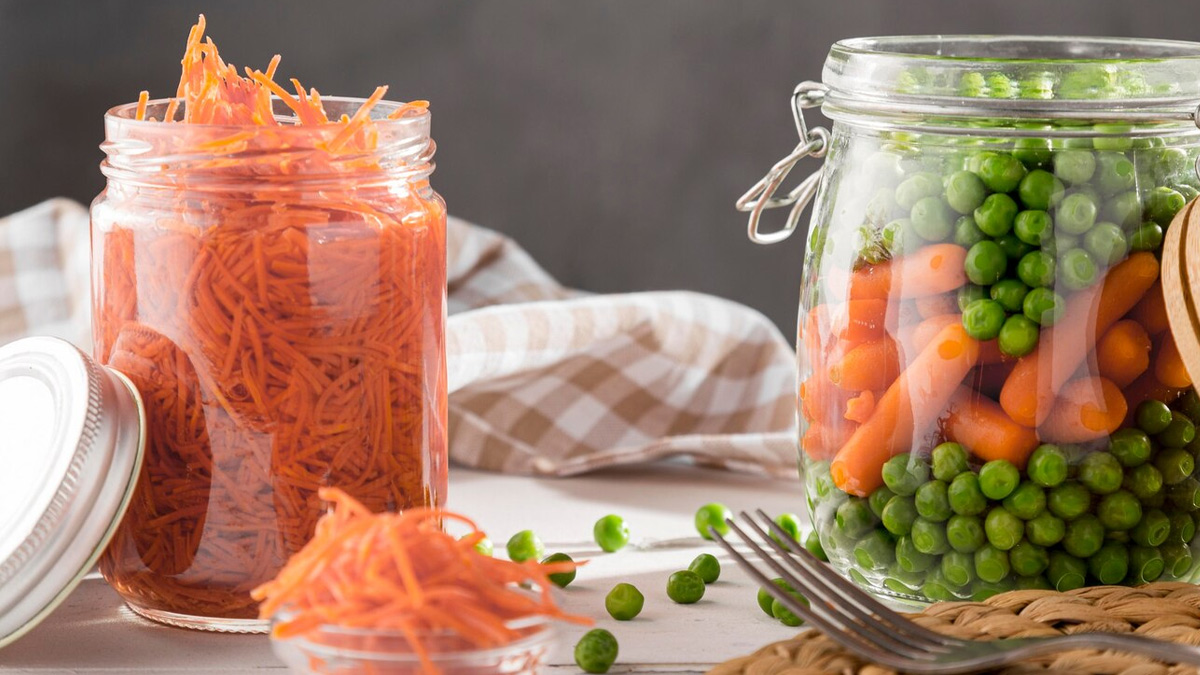
Different cultures around the world have their own unique fermented foods. For instance, Korea is known for kimchi, Japan for miso and natto, Germany for sauerkraut, and India for foods like idli, dosa, and homemade curd.
Table of Content:-
Fermented foods are often praised for their gut-friendly benefits. However, their impact on people's digestive systems may vary, depending on whether or not they have pre-existing conditions like Irritable Bowel Syndrome (IBS). Dr Asha Subba Lakshmi, Senior Gastroenterologist and Clinical Director – HOD - Gastroenterology, CARE Hospitals, Hi-tech City, Hyderabad, breaks it down for us.
Also Read: Peppermint Oil For Irritable Bowel Syndrome: Here's How It Helps And How To Use It
What Is Irritable Bowel Syndrome (IBS)?

IBS is a gastrointestinal disorder characterised by abdominal pain and changes in bowel habits. People with IBS can either have diarrhoea or constipation or both. Unfortunately, IBS is a chronic condition which can last over a long period of time, sometimes years.
IBS affects about 11% of the global population and is diagnosed using clinical criteria, according to a study published in the journal Clinical Epidemiology. Though symptoms are similar across patients, only 30% seek medical help, often due to higher anxiety and lower quality of life.
IBS is more common in women, less diagnosed in those over 50, and unrelated to socioeconomic status.
How Fermented Foods Impact the Gut Microbiome in IBS

“Fermented foods introduce beneficial bacteria, also called probiotics, into the digestive tract, which can support a healthier gut microbiome,” says Dr Lakshmi. This may help with digestion and ease some common IBS symptoms such as bloating, constipation, or diarrhoea.
However, Dr Lakshmi points out that IBS is a highly individual condition. What works well for one person might trigger symptoms in another. “While fermented foods may help balance the gut microbiome, tolerance varies from person to person,” she explains.
Also Read: IBS Can Be Triggered By THESE Things! Expert Warns To Stay Cautious
Best Fermented Foods For People With IBS
If you have IBS and want to try fermented foods, low-FODMAP options are generally better tolerated. FODMAP stands for fermentable oligosaccharides, disaccharides, monosaccharides, and polyols. Some traditional Indian fermented foods that may be gentle on the gut include:
- Idlis and dosas (made from fermented rice and urad dal)
- Homemade curd
- Rice kanji
- Fermented millet porridges
“These foods are typically mild, contain natural probiotics, and are easier to digest when consumed in moderation,” says Dr Lakshmi.
Risks Of Fermented Foods For People With IBS
Despite the potential benefits, fermented foods can sometimes trigger IBS flare-ups. This is often due to the presence of gas-producing bacteria, natural histamines, or over-fermentation.
“Excessively fermented dosa batter or curd can become too acidic and difficult to digest for sensitive individuals,” warns Dr Lakshmi. Symptoms like increased bloating, abdominal cramps, or loose stools may result.
How To Safely Incorporate Fermented Foods

To reduce the risk of symptoms, Dr Lakshmi advises introducing fermented foods slowly and in small amounts.
“Start with half an idli or a few spoonfuls of curd and monitor how your body responds,” she says. It’s also helpful to maintain a food and symptom diary to track what works and what doesn’t. Consulting a dietitian can offer a more personalised approach.
Fermented Foods To Avoid With IBS
Some fermented foods may be too harsh for people with IBS, especially those that are deep-fried, overly spicy, or heavily fermented. These include:
- Bhature and other deep-fried fermented foods
- Heavily spiced pickles
- Sour or over-fermented chutneys
Such foods can cause bloating, acidity, or digestive discomfort and are best avoided if you have a sensitive gut.
Conclusion
Fermented foods can support gut health, but their effects on IBS vary widely between individuals. With the right approach, which involves starting small, choosing the right types, and paying close attention to your body, you may be able to enjoy the benefits of fermented foods without the side effects. Always seek professional guidance if you’re unsure.
Also watch this video
How we keep this article up to date:
We work with experts and keep a close eye on the latest in health and wellness. Whenever there is a new research or helpful information, we update our articles with accurate and useful advice.
Current Version